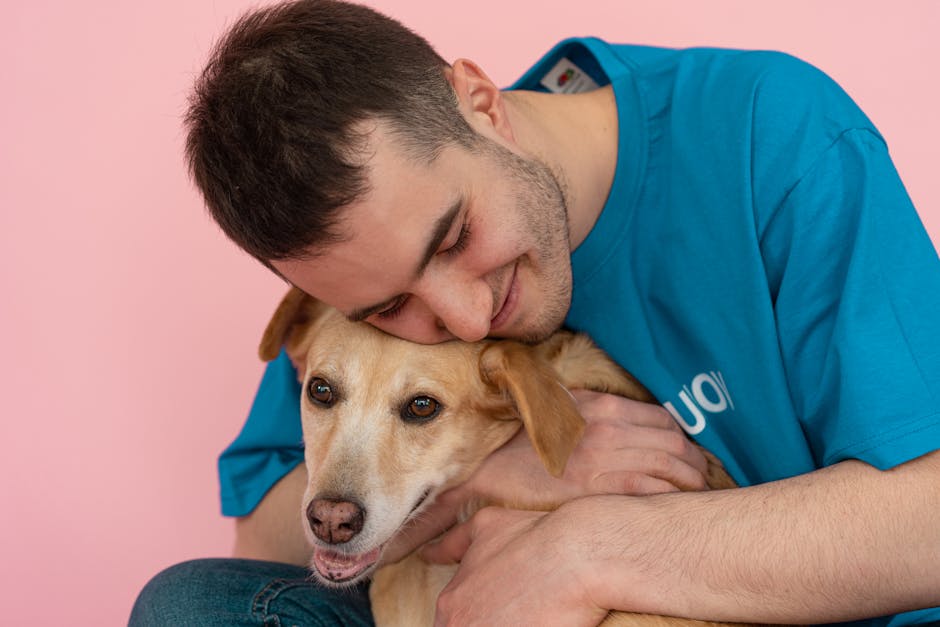The decision to welcome a pet into one’s life is often driven by love and a desire for companionship. However, this seemingly simple act can be entangled in a web of ethical considerations. From the welfare of the animal to the responsibilities of the adopter, a thoughtful exploration of the nuances surrounding pet adoption is paramount.
A crucial aspect of ethical pet adoption involves the sourcing of the animals. Responsible adoption practices prioritize shelters and rescue organizations over private breeders or pet shops. Pet shops, often, are a gateway to puppy mills, where animals are bred in unsanitary conditions, deprived of proper care, and frequently experience health issues. Likewise, some private breeders prioritize profit over the well-being of their animals, leading to similar concerns. Ethical adoption, therefore, necessitates a direct connection to reputable shelters and rescue organizations, ensuring that the animals entering homes have been rescued from circumstances that put their welfare at risk.
Beyond the origin of the animal, assessing the adoptee’s suitability is another significant ethical concern. Adopting a pet is a lifelong commitment, necessitating a comprehensive understanding of the animal’s needs. A prospective adopter must honestly evaluate their lifestyle, available resources, and capacity to meet those needs. Do they possess the time and financial stability required for proper nutrition, healthcare, exercise, and mental stimulation? Failing to realistically assess these factors can lead to the pet enduring a stressful transition into an environment where their essential needs are unmet. Matching a pet’s temperament with the adopter’s living situation is critical. A high-energy dog may not thrive in a small apartment with minimal outdoor space, while a shy cat may struggle with a bustling household. Open communication with shelter staff, who often have valuable insights into the animal’s history and personality, is pivotal to making an informed decision.
Equally important is the ethical handling of the relinquishment process for animals that are already in homes. This involves considering both the pet’s well-being and the circumstances surrounding the relinquishment. A thoughtful approach requires understanding the reasons for the surrender. Is the owner struggling with an unforeseen life event, like job loss, a relocation, or an unanticipated health issue? Or are there underlying issues that might point to a deeper problem, such as a mismatched personality or inadequate owner training? Adopters should engage in open dialogue with shelters and rescuers, recognizing the complexities inherent in such cases and prioritizing the animal’s welfare over personal expectations.
Furthermore, open communication with the shelter or rescue regarding the pet’s prior history is crucial. This includes understanding potential behavioural issues, medical conditions, and any specific care requirements. This transparency fosters a more informed adoption process, enabling a suitable pairing. Many organizations prioritize the fostering of these details to ensure an ethical transition.
The ethical considerations extend beyond the initial adoption. A critical component is ensuring ongoing care and enrichment. Providing a safe and stimulating environment is vital for the animal’s well-being. Adequate food, regular veterinary care, and access to appropriate exercise are fundamental. A crucial aspect is recognizing that pets require time and emotional investment, and neglecting these aspects can lead to significant behavioral problems or health issues. Furthermore, the adopter must be prepared to adapt to the animal’s evolving needs, recognizing that animals, like humans, grow and develop in surprising ways. This includes ongoing training, adjusting living arrangements, and addressing potential behavioural concerns. A key element of ethical pet ownership is commitment to the ongoing process.
Legal aspects, while sometimes overshadowed, are crucial in the ethical framework of pet adoption. This includes adhering to local laws regarding pet ownership, licensing requirements, and leash laws. Ensuring compliance with these rules avoids potential legal complications and fosters a respectful coexistence between pets and the community. Understanding the specific guidelines in each jurisdiction is a crucial element of the ethical process.
Finally, promoting responsible pet ownership through education is an integral aspect of the ethical framework. Shelters and rescue organizations can provide essential resources for new owners, including information on nutrition, training, and health care. This pre-adoption education fosters responsible behavior and safeguards the welfare of the animals. Education also encompasses addressing the concept of responsible breeding and discouraging the perpetuation of problematic practices. Empowering prospective pet owners with this knowledge will result in better outcomes for the animals in their care.
In conclusion, ethical considerations in pet adoption encompass a myriad of elements, stretching from the origin and matching process to the ongoing responsibilities of the owner. A truly ethical adoption process involves a thorough understanding of these elements. It requires proactive research, open communication, ongoing commitment, and a deep appreciation for the needs of the animals. By adhering to these principles, adopters, and animal care providers can create a system that prioritizes the well-being and happiness of all involved. A conscientious and ethical approach to pet adoption is crucial for ensuring a harmonious and enriching life for both the pet and its human companion.
